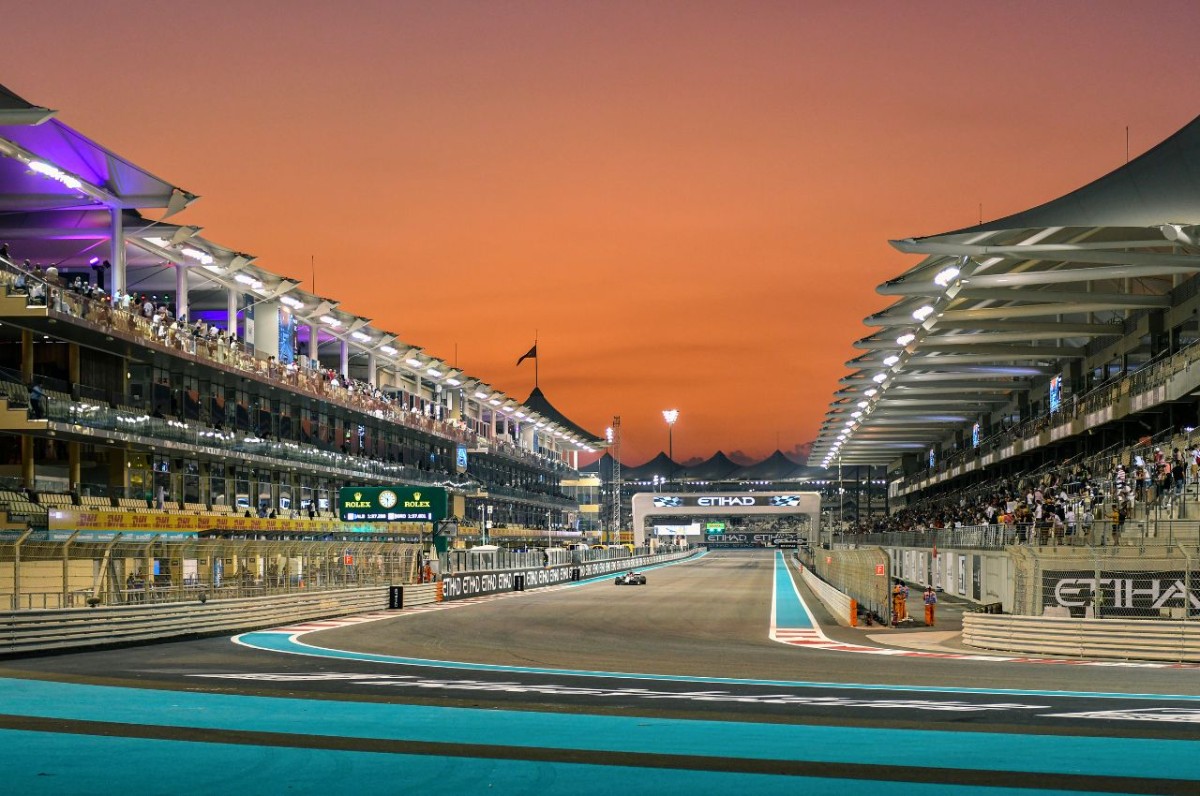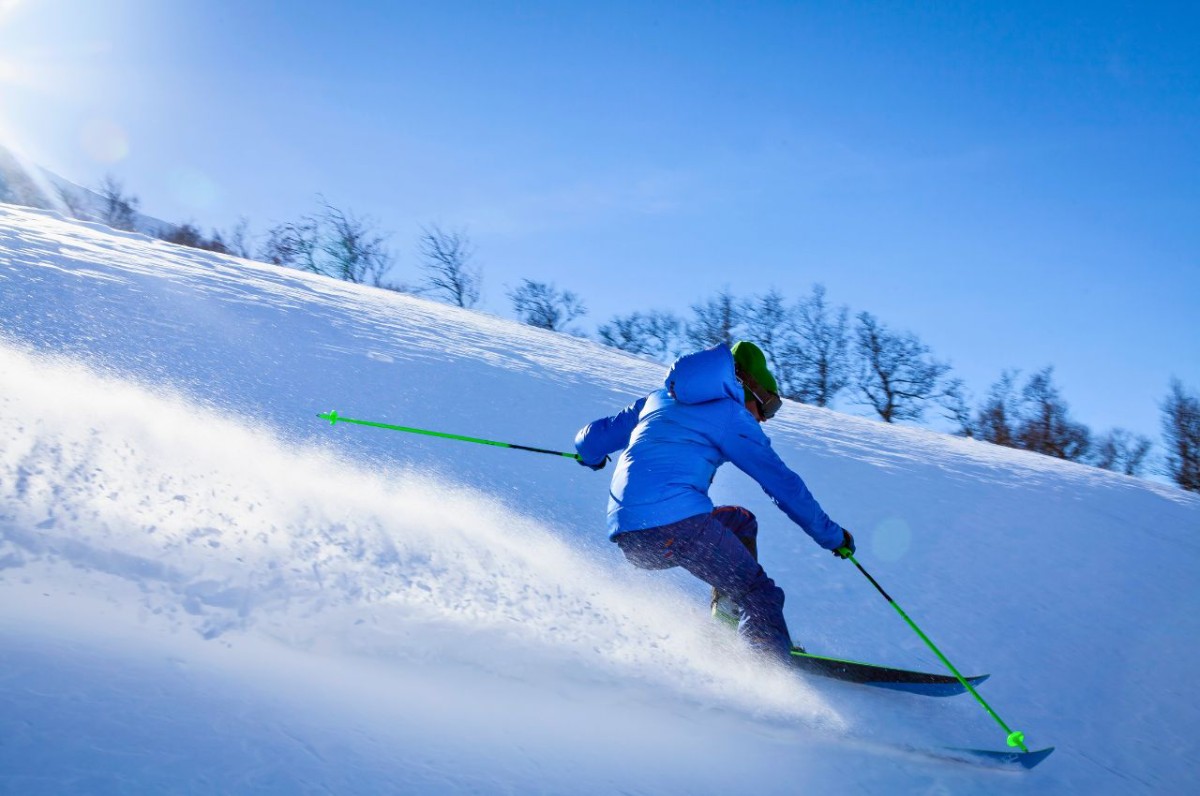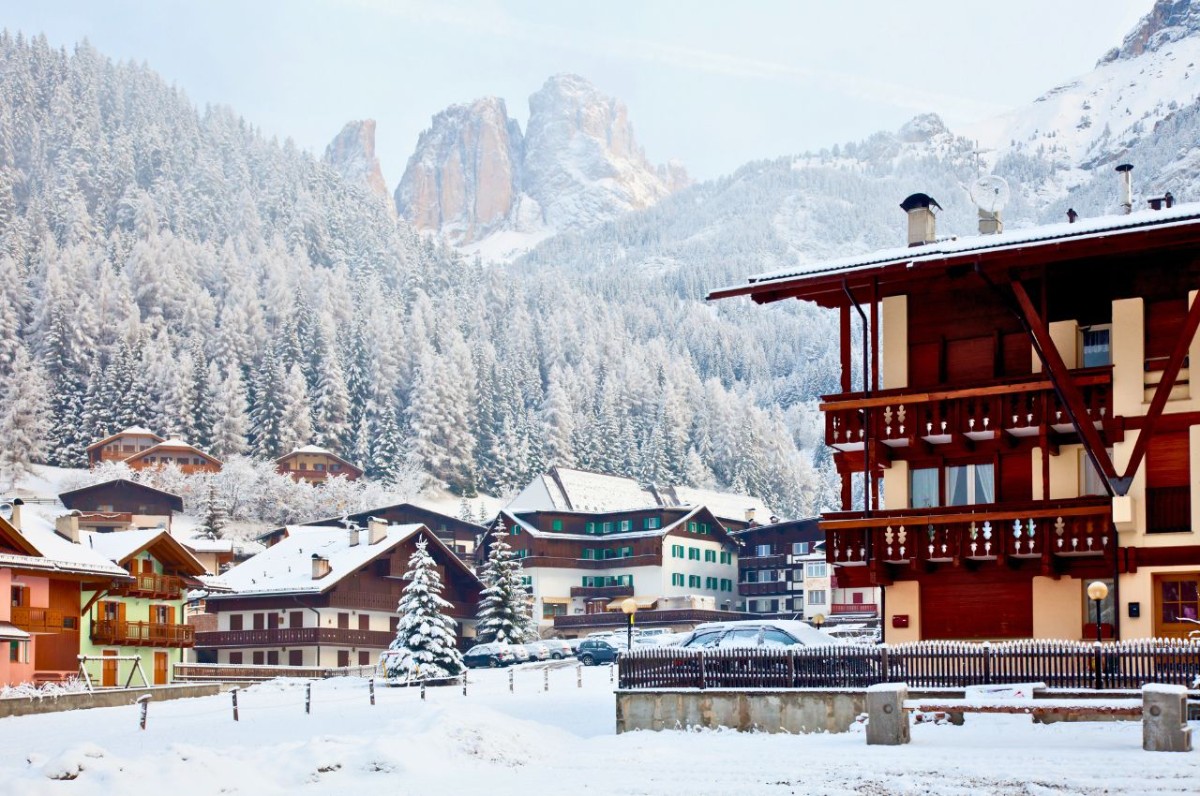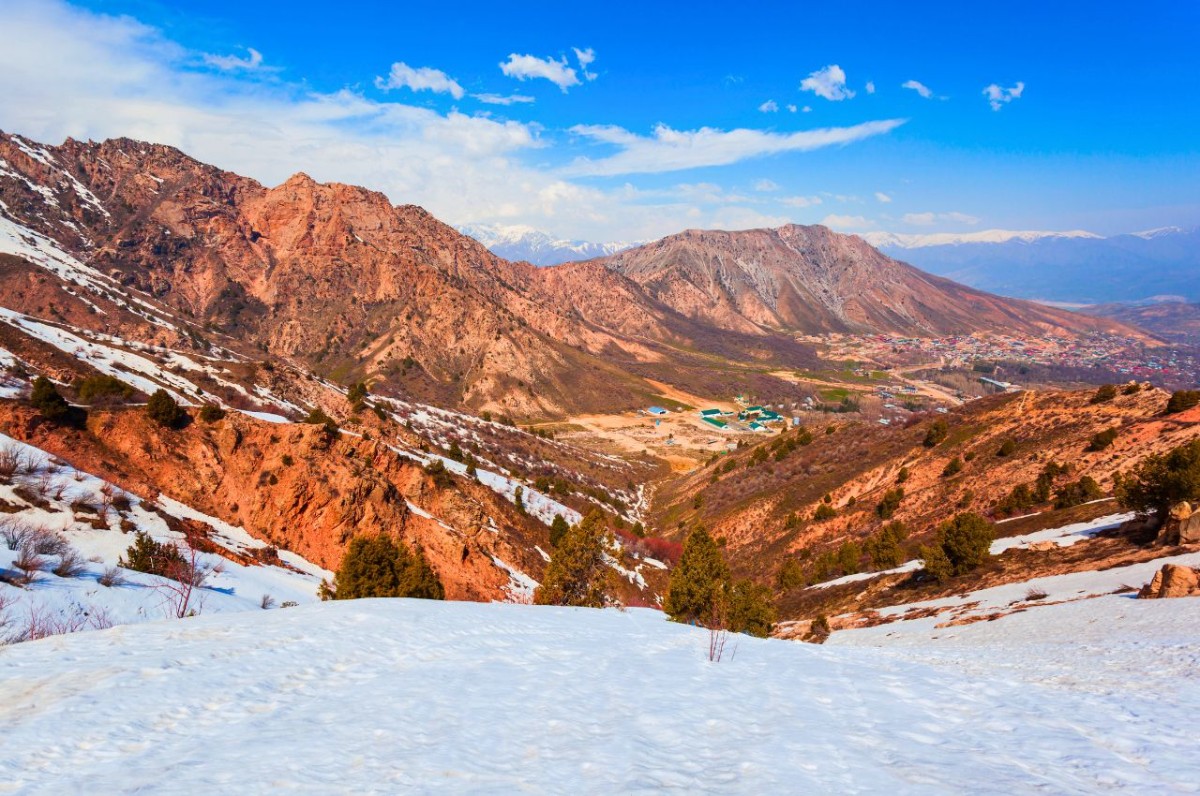Shebs Alom
I’ve been fortunate in life to travel around the world multiple times. What I’ve also loved doing is travelling the world following my love of sports. I’ve twice experienced the exhilarating roar of the engines of Formula 1 (F1) at the Singapore Grand Prix and felt the electric atmosphere of two of the major tennis tournaments: the clay courts of Roland Garros in Paris and the hard courts of Flushing Meadows in New York.
These trips, and others like them, have given me a unique perspective on the powerful connection between sports and tourism. What if we could merge our passion for sports with an ever-growing halal tourism sector? How can destinations, if they haven’t done so already, capitalise on major sporting events and activities to attract halal-conscious travellers, offering them not just thrilling sports but also an environment that aligns with their values and traditions?
The Market is Poised for Growth

(Photo: Canva)
Sports tourism offers a unique and compelling opportunity for Muslims to travel, as it aligns with key Islamic principles of health and well-being. Activities are encouraged in Islam, making a sports-focused trip a chance for families, friends, or couples to bond and also appreciate each other. If destinations cater to this market whilst promoting these sporting events, the uptake from halal-conscious consumers could skyrocket and bring a new level of growth in the market
When I spoke with journalists within the field to get an insight into their passion and whether there is a potential for further growth, the feedback I have received has been nothing but positive. Mary Novakovich, a journalist with 40 years of experience, based in Hertfordshire, has seen all the changes happen within travel, and she told me, "In September, I’ll be heading to events to promote our skiing opportunities for tourists to take advantage of. It’s an ever-growing market."
Rebecca Crowe, a freelance journalist based in Liverpool, once told me, "Surf, golf, and yoga tourism are also already huge businesses. I've seen a lot more running trips, climbing tours, and more outdoorsy vibes. There's also the travelling to watch sports element of sport tourism, which I end up doing a lot."
She further added, "I’ve done a yoga and surf trip, a bouldering trip, and a few hiking trips. Then I've been to watch tennis, football, and rugby around the world."
Charukesi Ramadurai, a freelance journalist who splits her time between India and Malaysia, shared, "F1 is big, and people are travelling for it. I am also guessing football. I know Qatar really pulled out all the stops to attract tourists for the FIFA World Cup that they hosted recently. Yoga, 'if that counts as sport', and definitely marathons."
The key to it would be how to market it towards a Muslim audience.
Sri Lanka's Cricket Strategy

(Photo: Canva)
When I spoke to Sri Lanka UK Deputy Marketing Director, Sarangi Thilakasena, she said, "Cricket plays a huge role in our tourism, and we do have a marketing budget to help promote tourism development via this. As we regularly host Pakistan and Bangladesh cricket boards, they bring along supporters who are majority Muslim."
Since speaking with Thilakasena in May regarding this subject matter, I saw an advertisement in one of the national newspapers for a cricket tour designed around Sri Lanka vs England in January. The reasonably priced package included flights, hotel stays, transportation, etc. This is one way of attracting a halal-conscious traveller, as having a tour designed around it makes it smoother for individuals or families.
Uzbekistan's Skiing Boom

(Photo: Canva)
A prime example of a destination whose focus could combine the attractions of sports tourism whilst catering for the halal-conscious traveller was highlighted during a webinar and an in-person event with the Uzbekistan Tourism Board. Sophie Ibbotson, UK Tourism Ambassador for Uzbekistan, explained how skiing is a growth area for the country, and Amirsoy has a resort built with Uzbek private sector investment.
When I asked her to learn more, she shared, "The idea was that it would be a European-style resort, with very high equipment standards, staff, safety, etc. It has exceeded expectations, stimulating domestic interests in skiing, but also attracted skiers from India, China, the Gúlf states and more."
Strategic Investment and a Quality Experience

(Photo: Canva)
Ibbotson also told me that investment is the key to attracting halal-conscious travellers and marketing the product correctly. This was emphasised when she told me, "Other ski resort projects are under development elsewhere in Uzbekistan. A French consortium has committed investment to a Three Valleys-style project near Amirsoy. Beldersoy and Chimgan are Soviet-era resorts that will be upgraded, and the third one, Nanai, will be completely new. There are also plans for a major resort at Parkent, in the Tashkent Region, and in the Zaamin National Park in the Zaamin Region."
Rhiannon Eley, a Nurse and avid skier, went on a press trip to Uzbekistan with Sophie Ibbotson in 2020 to provide medical support for people who were unsure what skiing was like.
She said, "It was a fantastic experience, and the snow was dry, like flaky, which made it easier to ski. In Europe, the snow is wetter, and it’s like skiing through mud - climate change has affected the snow in the continent. I was relatively surprised. The experience was amazing."
Exceptional Service with Halal Values

(Photo: Canva)
To add further to how Uzbekistan, and particularly the Amirsoy region, is developing to attract travellers, especially Muslims, I got in touch with Said Rustamov, Board Member and Senior Strategic Adviser for Amirsoy, to find out what a halal-conscious traveller would gain from booking a skiing trip at the resort.
"We are proud that Amirsoy is a comfortable, welcoming, and culturally sensitive destination for Muslim travellers. Uzbekistan is a country with a predominantly Muslim population, and our resort was designed with these traditions in mind. We offer a wide selection of halal dishes, convenient prayer facilities, and maintain a truly safe and family-oriented environment." Rustamov shared.
Rustamov also said that they embrace an international approach so that every guest, regardless of background, feels at home.
He further explained to me, "For many Muslim tourists who may feel less comfortable at some Western resorts, Amirsoy provides the opportunity to enjoy skiing in an environment that respects their values and traditions, whilst still delivering world-class service in a setting where they can feel both comfortable and secure."
Beyond the Numbers: Intent and Impact

(Photo: Canva)
So what have we learnt? Merging sports and halal tourism isn’t some far-off idea; many are already travelling based on this. It’s just a matter of marketing it correctly, and it will grow faster than many realise. The sports tourism industry is heading towards $2 trillion by 2032, and the halal tourism market is still on course to break $300 billion globally. If you combine both, the impact on the broader tourism industry will be noticeable and will cause ripples that can only benefit the future of halal tourism.
However, beyond the numbers, the focus should always consider the intent of the industry. A halal-conscious traveller is looking for meaningful experiences, where faith and family fit naturally alongside passion and sporting adventure. Destinations like Sri Lanka are stepping up, and Uzbekistan has shown how potent this mix can be.
Stay Connected with the Halal Travel Network
Stay ahead—be the first to hear about our upcoming industry events, exclusive networking opportunities, and the latest halal tourism insights.
Don’t miss out—subscribe to our newsletter below for exclusive updates on the future of halal travel.
About the Author
Shebs Alom